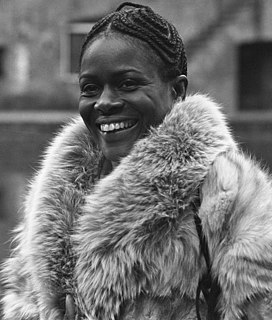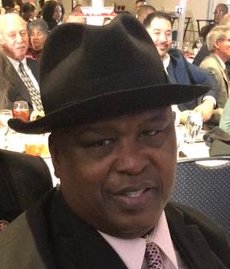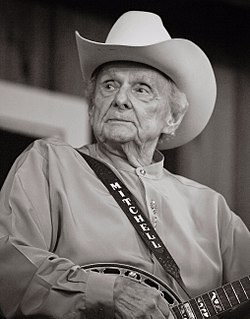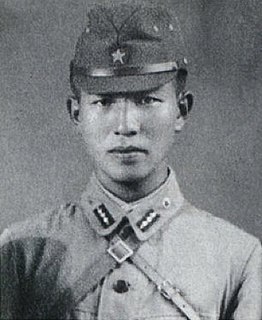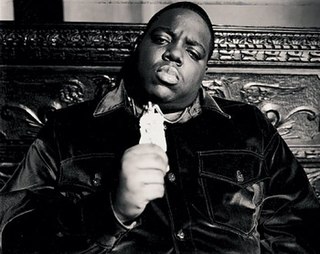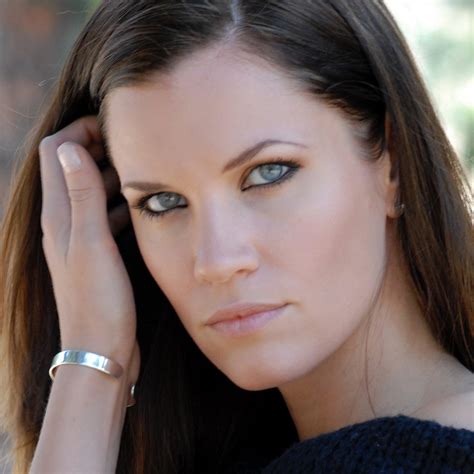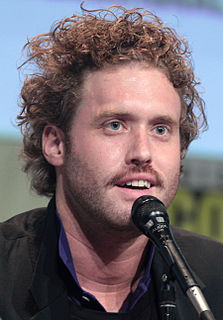A Quote by Margaret Cho
When I was 14, I told my mother I was going to drop out of high school and go do stand-up comedy. All she said was 'Oh maybe it's better if you just die,' because it was killing her that I was doing this.
Related Quotes
My mother was superb. Even when I said to her, when I was nineteen, oh, I'm going to India. Her immediate reaction was, oh yes dear, and when are you leaving? She didn't say, oh how could you leave me, your mother? Or wait a bit dear until you get a bit older and you know your own mind. She just said, well, when are you going? And that was because she loved me, not because she didn't love me.
She didn’t understand why it was happening,” he said. “I had to tell her she would die. Her social worker said I had to tell her. I had to tell her she would die, so I told her she was going to heaven. She asked if I would be there, and I said that I would not, not yet. But eventually, she said, and I promised that yes, of course, very soon. And I told her that in the meantime we had great family up there that would take care of her. And she asked me when I would be there, and I told her soon. Twenty-two years ago.
My mother ran the household. In grade school, I came home crying one day. She said, 'What's wrong?' and I said, 'This kid said he was going to jump on me.' She grabbed me and slammed me on the floor. 'If you don't go out there and stand up for yourself, it's going to be me and you.' I didn't want that to happen.
My first banjo? My mother's sister, my aunt, lived about a mile from where we did, and she raised some hogs. And she had - her - the hog - the mother - they called the mother a sow - of a hog. And she had some pigs. Well, the pigs were real pretty, and I was going to high school and I was taking agriculture in school. And I sort of got a notion that I'd like to do that, raise some hogs. And so my aunt had this old banjo, and my mother told me, said, which do you want, the pig or a banjo? And each one of them's $5 each. I said, I'll just take the banjo.
At a certain point the family moved to Jaipur, where no woman could avoid the doli or purdah. They kept her in the house from morning to night, either cooking or doing nothing. [My mother] hated doing nothing, she hated to cook. So she became pale and ill, and far from being concerned about her health, my grandfather said, 'Who's going to marry her now?' So my grandmother waited for my grandfather to go out, and then she dressed my mother as a man and let her go out riding with her brothers.
First I took a crap on the hooker's chest, then I told her I'd pay her a thousand dollars to eat it. She was addicted to crack, so of course she did it. It was so gross, though, it made her throw up, so I said I'd pay her another thousand to lick all that up, too. She started to, but for some reason she started crying as she was doing it, saying, 'I went to college! I have a degree!' Oh man, it was hilarious. I don't know if it was technically sex because I just beat off on her face, but definitely one of my most intense orgasms.
My mom is from Jamaica and she was going to school in the morning, and in the evening she was working, and at night she would go to night school and then come in and go to sleep. So she would never watch the news and stuff like that and she didn't know what crack was. She didn't know nothing about it, but when I told her I was selling crack, she threatened to kick me out of the house. And then I just started paying for stuff - paying her bills and giving her money, so she'd just tell me to be careful because there was nothing she could do to stop it.
After the last screening [of "Selling Isobel" ] an 18-year-old girl came up to me and said, "Oh my God, I'm so naïve." I said, "No, you're not, you're just young." And she's so grateful for having seen it, because she's an actress and from now on she's going to take a friend with her to auditions and let her mom know exactly where she's going. That's a job done right there.
You're wrong," I told her. "I lost that faith a long time ago." She looked at me as I said this, an expression of quiet understanding on her face. "Maybe you didn't, though," she said softly. "Lose it, I mean." "Lissa." "No, just hear me out." She looked out at the road for a second, then back at me. "Maybe, you just misplaced it, you know? It's been there. But you just haven't been looking in the right spot. Because lost means forever, it's gone. But misplaced... that means it's still around, somewhere. Just not where you thought.
My mom had always wanted me to better myself. I wanted to better myself because of her. Now when the strikes started, I told her I was going to join the union and the whole movement. I told her I was going to work without pay. She said she was proud of me. (His eyes glisten. A long, long pause.) See, I told her I wanted to be with my people. If I were a company man, nobody would like me anymore. I had to belong to somebody and this was it right here.



